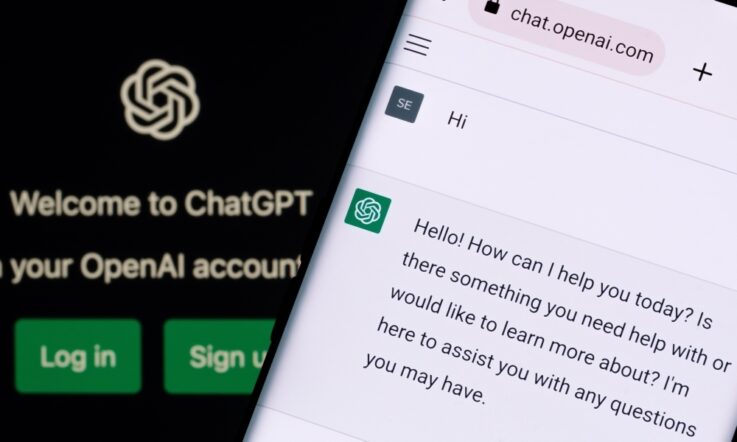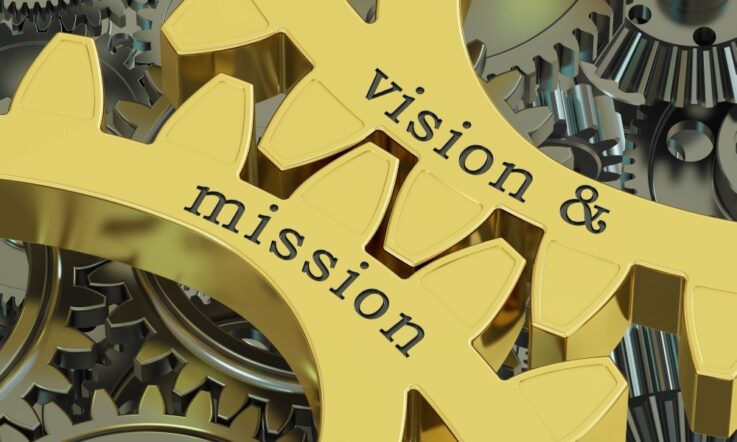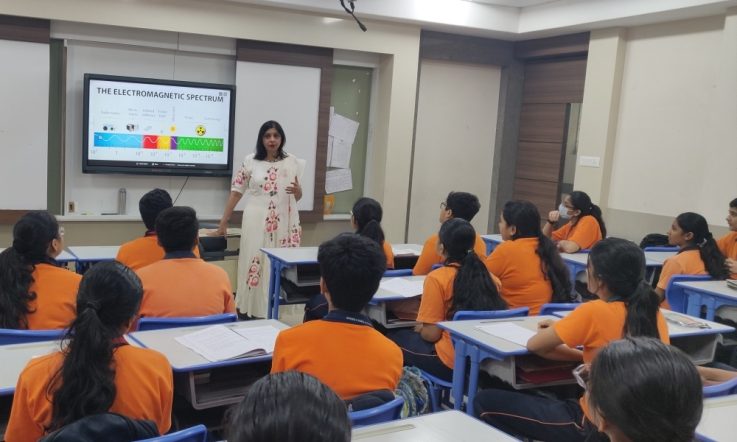In the first article of a series called ‘Leading voices’ – featuring school principals across India – Anannya Chakraborty talks to Sudhanshu Shekhar Panda, one of the winners of the National Teachers’ Award 2023.
Sudhanshu Shekhar Panda is Principal of K.L. International School and Chairman of Meerut Schools Sahodaya Complex. In today’s interview, we ask Panda a bunch of questions, from what inspired him to become a teacher to what education will look like in 2050.
What inspired you to pursue a career in education?
I pursued a career in education due to my passion for teaching and the desire to make a positive impact on students' lives. Education is seen as a means to empower individuals, reduce inequalities, and address societal issues. The opportunity for continuous learning and personal growth is appealing, as is the satisfaction of witnessing students' progress and achievements.
My love for working with children and adolescents, the chance for creative expression in lesson planning, and the sense of community in schools drew me to this field. Moreover, the stability and job security that education careers can offer contribute to their appeal.
Ultimately, I aspire to guide and inspire future generations while contributing to the betterment of society. Witnessing students’ progress, growth, and achievements can be incredibly rewarding and provide a strong sense of purpose.
What teaching and learning initiative are you most proud of in your own school?
We regularly review the curriculum and update teaching-learning initiatives. This ensures that our educational programs remain dynamic, relevant, and aligned with the evolving needs of students and the ever-changing educational landscape.
A group of teachers is engaged in periodic assessments of our curriculum content, teaching methodologies, and assessment strategies, bringing a variety of perspectives to the table.
By keeping our curriculum up to date, we can better address emerging learning trends, incorporate new technologies, and respond to the unique learning styles and needs of our students. It also promotes innovation in the classroom and empowers our teachers to continually refine their pedagogical approaches.
Moreover, this initiative to frequently review the curriculum and teaching and learning demonstrates our commitment to providing quality education that prepares students for success in a rapidly changing world. As a result, I am confident that the initiative will contribute significantly to the continued growth and excellence of our school.
What new initiatives have you undertaken at your school based on the recommendations of the National Education Policy 2020?
K.L. International School has implemented a comprehensive and phased approach to successfully implement the NEP principles at the root level.
The curriculum has been reviewed and redesigned to align with NEP's recommendations, with a focus on a multidisciplinary approach that emphasises critical thinking and problem-solving.
Teachers are being trained in modern pedagogical methods, including blended learning, active learning, flipped classrooms, and project-based learning, to encourage them to adopt student-centered teaching approaches. Teachers apply Bloom’s Taxonomy to monitor learning goals of the students.
Students are being trained for future-based education (i.e., Artificial Intelligence) by using unique methodologies such as coding to perform interactive activities.
The sports and arts programs have been enhanced by offering a wide range of extracurricular activities, and students are encouraged to participate in sports, arts, and cultural events alongside their academic pursuits.
Opportunities are created for students to develop skills such as communication, collaboration, creativity, and digital literacy through class projects and activities. Well-equipped science laboratories have been established to foster a scientific temper among young learners, and a culture of questioning and experimentation is promoted.
Skills modules that align with NEP are emphasised in vocational education, and local industries are collaborated with for practical training opportunities.
Bagless days for younger students are scheduled to focus on experiential learning and outdoor education. Field trips are arranged to promote curiosity and creativity.
Counselling services and workshops are also organised from time to time to address students' mental health needs.
What do you consider to be the biggest challenge facing school leaders in India?
One of the most significant challenges facing school leaders in India is achieving equitable access to quality education. India's vast and diverse population poses a unique challenge in ensuring that every student, regardless of their socioeconomic background or geographical location, has access to a high-quality education. Disparities in infrastructure, teacher quality, and educational resources persist between urban and rural areas, exacerbating educational inequality.
Furthermore, the adaptation of modern teaching methodologies, digital learning tools, and addressing the digital divide are critical issues. Balancing the need for traditional education with the demands of a rapidly evolving global job market is another challenge. School leaders must navigate complex policy changes and provide professional development for teachers to ensure they can effectively implement these changes.
Overall, school leaders in India face the formidable task of creating an inclusive, innovative, and equitable education system that prepares students for the challenges of the 21st century while addressing longstanding disparities.
What do you think school education look like in 2050?
In 2050, school education is likely to be highly personalised and adaptable to individual learning abilities. Advanced AI and data analytics will enable educators to create customised learning pathways for each student, addressing their specific strengths and weaknesses.
Physical classrooms may still exist, but technology will allow for immersive virtual learning experiences, breaking down geographical barriers. Students will have access to a vast array of digital resources and simulations, enhancing their understanding of complex concepts.
ChatGPT has the potential to revolutionise education by providing students with personalised learning experiences, improving their language and writing skills, and automating time-consuming tasks for teachers.
Interdisciplinary learning will be encouraged, preparing students for a world where problem-solving often requires a blend of skills from various fields. Additionally, schools will place a strong emphasis on critical thinking, creativity, emotional intelligence, and ethics to prepare students for the complexities of the future workforce.
What teaching and learning initiative are you most proud of in your own school? Share it with the Teacher community in India by contacting our editorial team: teachereditorial@acer.org



